Remembering Lee Kuan Yew on his 100th birthday
Singapore would not be what it is today without him, but let’s not build a personality cult around our founding prime minister.
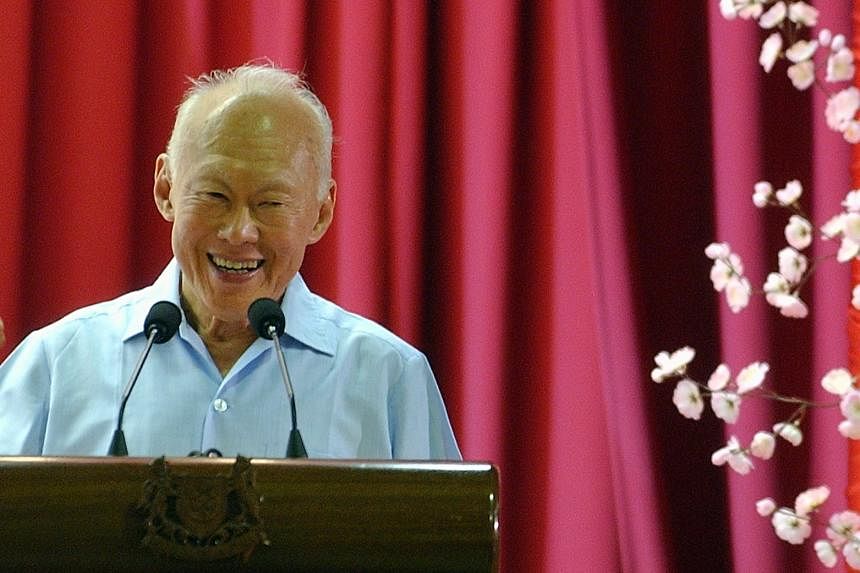
As a pioneer generation diplomat and law teacher, I had the privilege of working under Mr Lee Kuan Yew and spending time with him over the decades.
Vignettes big and small from those years come to mind as we mark the 100th anniversary of the birth of our founding prime minister this week. For instance, I had the pleasure of looking after him and Mrs Lee when they visited New York in 1968 and 1975, and Washington in 1985 and 1988.
Mr Lee’s speech before a joint session of Congress on Oct 9, 1985 was a particularly memorable experience. It’s a rare honour for foreign leaders to be invited to address both Houses of Congress. For me, as Singapore’s Ambassador to the United States then, there was a sense of achievement as Mr Lee delivered his speech. More importantly, it was a brilliant speech, the significance of which resonates to this day.
Among other things, Mr Lee argued passionately for America to reject protectionism, highlighting the strategic significance of free trade and open economies.
“There are two scenarios for the 21st century. The first is bleak: If, because of domestic problems, the US loses the will to maintain free trade. There are over 300 Bills in Congress dedicated to the protection of the US market. Protectionism and retaliation will shrink trade and so reduce jobs. Is America willing to write off the peaceful and constructive developments of the last 40 years that she had made possible?” he asked.
Mr Lee pointed out the possible consequences if the US, the champion of free trade, went down this road: “It is inherent in America’s position as the pre-eminent economic, political and military power to have to settle and uphold the rules for orderly change and progress.
“Americans are leaders in a marathon for technological change and product innovation. American enterprise is blazing the trail into the microchip and computerised world of tomorrow. In the interests of peace and security, America must uphold the rules of international conduct which rewards peaceful cooperative behaviour and punishes transgressions of the peace. A replay of the depression of the 1930s, which led to World War II, will be ruinous for all.”
Singapore’s Founding Fathers
The destiny of a country depends, to a surprising extent, on its founding fathers. If the founding fathers are corrupt or incompetent, the country will struggle in its nation-building journey.
Fortunately for Singapore, our founding fathers, namely, Lee Kuan Yew, Goh Keng Swee, S. Rajaratnam, Lim Kim San, E.W. Barker, Othman Wok, and others, were competent, non-corrupt and courageous. They gave us an excellent start in our nation-building journey. They also gave us our core values of racial equality, religious harmony, meritocracy, no corruption, self-reliance and frugality.
There is an important point I wish to make about our founding fathers. It was not a one-man show. Mr Lee was the first among equals. We must therefore not forget the contributions of the other leaders, especially, Dr Goh and Mr Rajaratnam. It was Dr Goh who insisted on having a budget surplus each year and it was he who established the GIC to manage our reserves.
Mr Lee’s strengths and achievements
What are the qualities of Mr Lee which I admire the most? I admire his intellectual brilliance. I admire the fact that he was a great orator. He could cast a spell over his audience and persuade them to follow him.
I admire his diligence. He was working all the time. I admire his pursuit of excellence. In preparing his speech to the US Congress, he must have done over 10 drafts before he was satisfied.
I admire his courage. Let me give an example: In 1988, he was invited by the American Society of Newspaper Editors to speak to them at their annual meeting in Washington. Although he knew that it was a hostile audience, Mr Lee accepted the invitation. He put forward Singapore’s case in a calm, rational and persuasive manner. Although the Americans did not agree with him, they respected him.
I admire his values of self-reliance and frugality. Even though Singapore was poor in the 1960s, the pioneer leaders rejected foreign aid. Their narrative was that the world did not owe us a living and we had to work for it.
Mr Lee rejected extravagance and wasting the taxpayers’ money. He insisted that Singapore’s leaders should not travel in private jets but by commercial airlines. This is still the case today.
I also admire his cultivation of foreign leaders for the benefit of Singapore. He made a serious attempt to understand America. He made many trips to that country and made many friends. American leaders, such as President Ronald Reagan, President George H.W. Bush, Dr Henry Kissinger and Mr George Shultz, admired him.
He met Deng Xiaoping when he visited Singapore in 1978. Mr Lee admired him and decided to cultivate him and help China in its journey of reform and opening up to the world. Mr Lee visited China frequently and knew most of the Chinese leaders.
Apart from the US and China, he also cultivated ties with the leaders of Indonesia, Malaysia, Japan, France and Germany, among others. He developed a very close friendship with President Suharto. I remember that Mr Lee went to see Mr Suharto just before he died.
I admire him for being a “green” politician before the term was coined. He rejected investment proposals if they would pollute the environment. It is because of his vision that we have a clean, green and beautiful Singapore.
Finally, I admire the fact that he resisted all attempts to build a personality cult around him. During his lifetime, he forbade the display of his portraits and sculptures in public places. He didn’t want the airport or other important infrastructure to be named after him. We should remember this as we honour him.
The people of Singapore knew in their hearts that without Lee Kuan Yew, we probably won’t have the Singapore of today. This was why his death in 2015 was mourned by so many Singaporeans. I think Mr Lee would have been surprised because he never sought popularity. He was always determined to do the right thing even when it was unpopular. The success of Singapore is a monument to Lee Kuan Yew.
Mr Lee’s Mistakes
That said, we must resist the temptation to protect Mr Lee’s reputation and legacy by making him out to be perfect and infallible. He was a human being, and like all human beings, he had his foibles.
On the occasion of Mr Rajaratnam’s 80th birthday, Mr Lee praised him for his courage in adversity and magnanimity in victory. Mr Lee confessed that he did not have Raja’s virtue of magnanimity in victory. Although Mr Lee was nominally a Buddhist, he was not a follower of the Goddess of Mercy but of the “God of no mercy”.
We must also not say that Mr Lee never made any mistakes. He was not infallible. In my view, these are some of his most important mistakes:
- Merger with Malaya, which was doomed from the start, and framing the question in the 1962 referendum in such a way as to prevent citizens opposed to the merger to express their view;
- Requiring students applying to study at our universities to obtain a suitability certificate as a condition of admission; (The requirement was dropped in 1978.)
- Imposing a quota on women in medical school; (The quota was dropped in 2003.)
- Giving priority to the children of graduate mothers for admission to primary school; (The policy ended in 1985.) and
- Pegging ministerial salary to the top earners of the private sector.
Mr Lee Kuan Yew was a great man. Without him as our founding prime minister, we probably won’t have the Singapore of today. But he was not perfect and some of his decisions are questionable. We do him a disfavour if we are to build, posthumously, a personality cult around his legacy. It is, however, with deep respect and enormous gratitude that I wish to remember him on the occasion of his 100th birthday.
- Tommy Koh served under Prime Minister Lee Kuan Yew, as Singapore’s Ambassador to the UN and to the United States.
Join ST's Telegram channel and get the latest breaking news delivered to you.

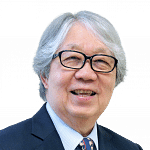

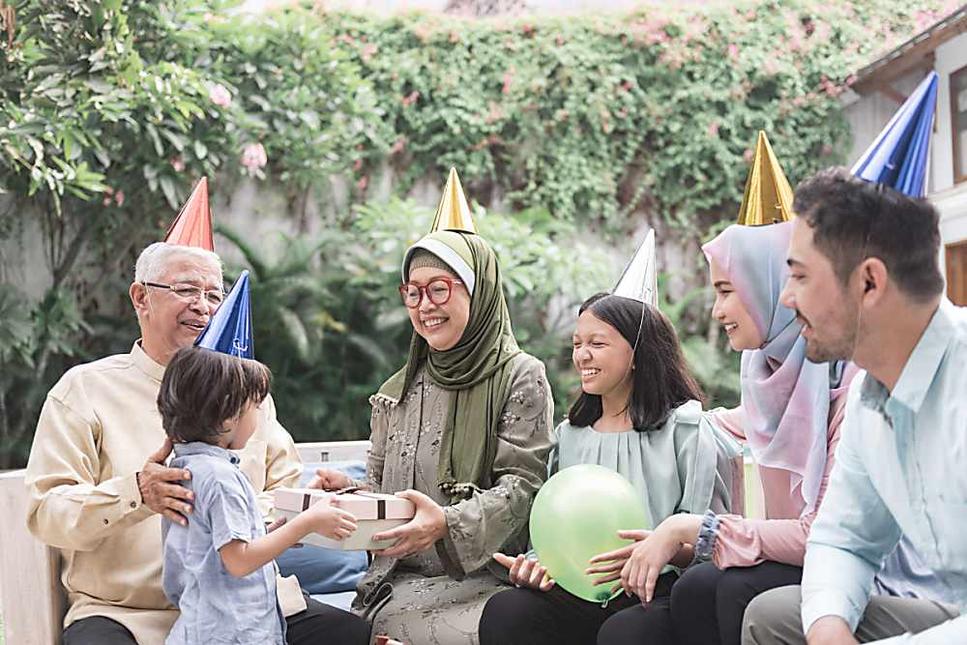
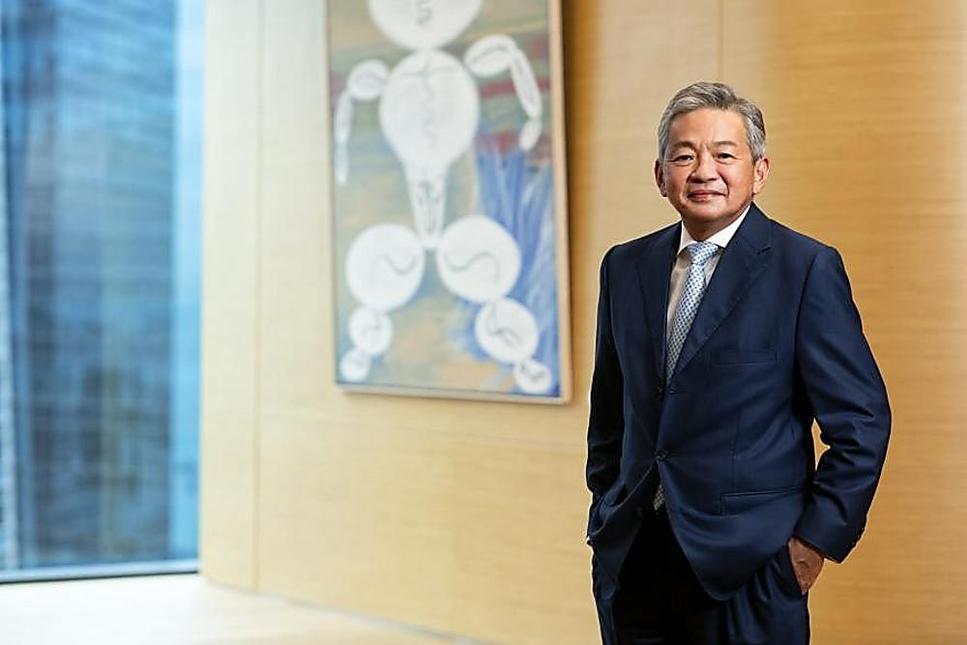
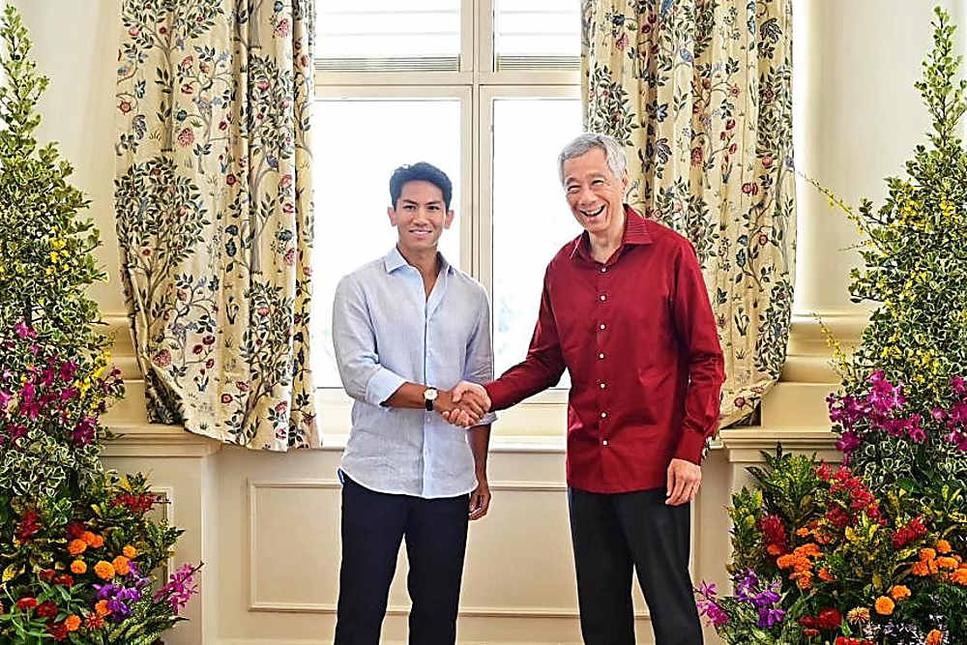

No comments:
Post a Comment